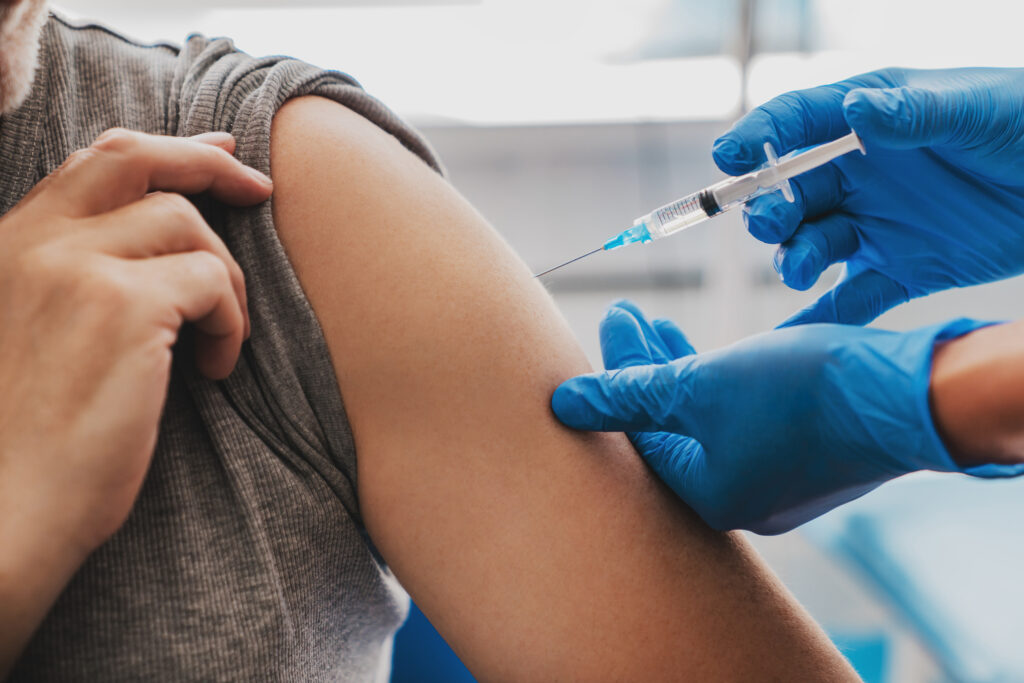As flu season begins to ramp up and the threat of COVID-19 continues to linger, you may be wondering how best you can protect yourself from these diseases. The answer is simple: wash your hands and get your vaccines.
According to the CDC, proper handwashing can prevent 1 in 5 infections, including the flu. It can also prevent 1 out of 3 diarrhea-related illnesses and reduce the spread of respiratory infections. Washing your hands thoroughly with soap and water is one of the most important steps you can take this winter (and all year round) to protect yourself from getting sick and spreading germs to vulnerable loved ones. Many diseases are spread by not cleaning your hands properly after touching contaminated objects or surfaces. And although not all germs are bad, illness can occur when harmful germs enter our bodies through the eyes, nose, and mouth.
Washing your hands properly should take about 20 seconds and consist of these five steps:
- Wet your hands with clean, running water, and apply soap
- Lather your hands by rubbing them together with the soap
- Scrub your hands for at least 20 seconds. Need a timer? Hum the “Happy Birthday” song from beginning to end twice
- Rinse your hands well under clean, running water
- Dry your hands using a clean towel or air-dry them
If you are not able to wash your hands with soap and water, an alcohol based hand sanitizer with at least 60% alcohol can also reduce the amount of germs on your hands in most situations. However, you should use soap and water before you eat, after you use the restroom, or if your hands are visibly soiled.
Another important step most people can take to prevent illness is to get all recommended vaccines, including the flu and COVID-19 vaccines. Vaccines work with your body’s natural defenses to help you safely develop immunity, through antibodies, to certain diseases, which lowers your chance of getting certain diseases. Vaccines also lower your chance of contracting certain diseases and can prevent severe illness.
While you may still have some concerns about vaccines, they are tested and monitored by the Food and Drug Administration (FDA) before they are licensed for use. Both the CDC and FDA continue to track the safety of all licensed vaccines. And while some vaccines may cause side effects like soreness, redness, or swelling where the injection was given or even things like a headache or body aches, these are usually very mild and go away within a few days.
If you have not received your flu shot or COVID-19 vaccine yet, contact your primary care provider today.

